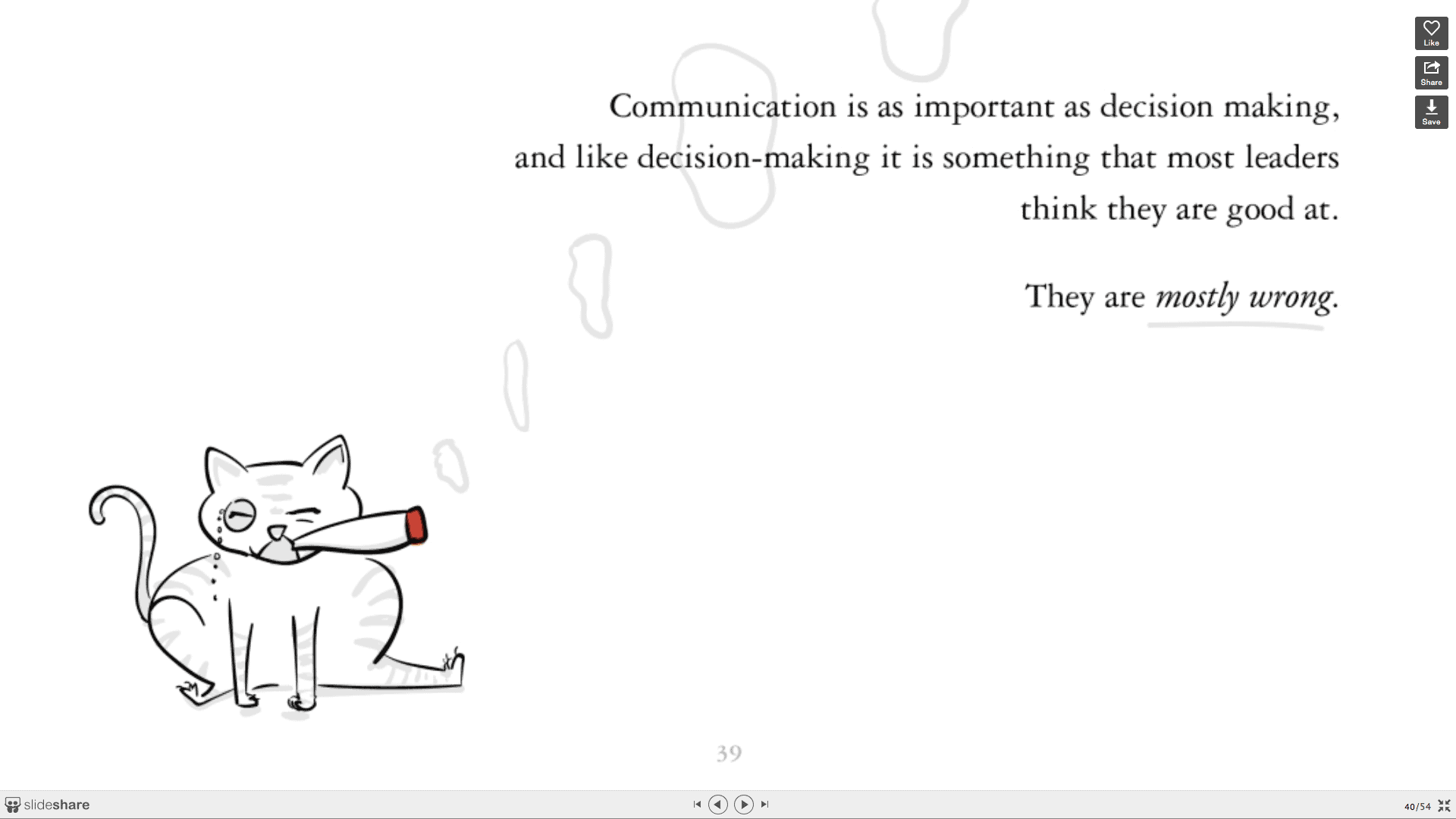Marketing has evolved a lot in the last decade. The popular classification such as above-the-line marketing (ATL) and below-the-line marketing (BTL) are both no longer effective. The answer is obvious. They both intrude whatever the customer is doing; thus, being dubbed as intrusion marketing.
Effective digital marketing is all about permission. It is differentiated from the traditional (note: intrusive) marketing because all aspects have explicit opt-in. As HubSpot puts it, it is marketing that people love.
However, companies and marketing experts seem to keep on doing the wrong things. They keep intruding on other people’s business. They bombard you with ads, unsolicited email, and their never-ending promos (which makes you think if they really care about you or simply want your money).
People’s habits have changed. The sooner you accept this, the better it is for everyone. For example, you give them ads. You hired the best advertising firm to execute your collaterals. You paid good money for that targeted ad placement. You should see a high return on investment (ROI) here, right? But let’s be honest. Most likely, you are getting mediocre results. Or worse, way below your initial estimates.
What seems to be the problem? You don’t have to look far for answers. The answer is obvious: just look at your own behavior. When you do something — say perform a search or browse through social media (where these ads come out) — do you even notice these ads? Personally, I find them annoying. One reason why I love Safari is its reader option where it only shows you the content — the thing that you really want. Same goes when you browse your favorite social media, you don’t look around for ads to click on. You are there to see updates from your friends or post your own photos. When you do those things, you have a purpose. Anything else not contributing to that purpose is simply a distraction. That is why ads are irrelevant.
Of course, you will hear these experts doing this (ineffective) activity and argue that it increases brand awareness and brand recall. That is another topic in of itself. But simply put, awareness and recall does not affect the company’s bottomline. These can only be measured using surveys (not very good proxies). And you should know by now that surveys are unreliable and subjective – a total waste of corporate resources.
There are only two variables that affect a company’s profits: Revenues and Expenses, depicted by the equation below:
Revenues – Expenses = Profit
Forgive me for being too capitalistic in this example. But let’s make life easy by assuming expenses are fixed. That means when you increase sales, you increase profit. Sales is composed of two variables as well: price x quantity. For most companies, price is a given and have little control over it. So that leaves you with one variable left to control: quantity.
Quantity is equated to frequency. It can be the number of customers or the number of times a single customer purchases something. Going back to my original premise — effective digital marketing affects the bottomline. Does brand awareness affect the quantity or the frequency a customer buys? Does brand recall do that as well? Do awareness and recall even affect revenues? Not one tad bit.
It is the number of customers that affect the bottomline. Where do customers come from? They come from leads. See where this is going? There are 5 metrics every marketer should be measuring if you want to be called effective.
Marketing has changed drastically. If your activities do not contribute to the bottomline, you are wasting corporate resources. If your marketing strategies still intrude on other people, then these people will grow a dislike for your brand. If you don’t change, you are bound to fail.


